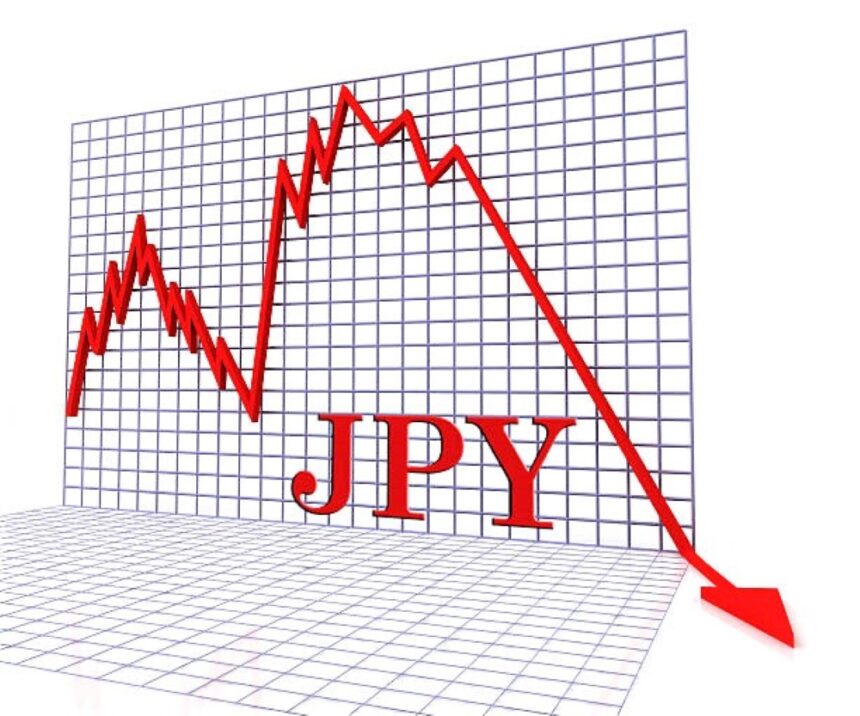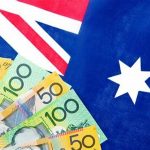Japanese yen fell after the announcement of Tokyo CPI inflation data on Friday.
Following the announcement of the Tokyo Consumer Price Index (CPI) data on Friday, the Japanese yen (JPY) fell for the third consecutive session. The JPY is under pressure as traders expect the Bank of Japan to pause before raising interest rates further.
Dovish Fedspeak puts downward pressure on the US dollar.
The Tokyo Consumer Price Index (CPI) rose 2.2% year on year in September, down from 2.6% in August. Meanwhile, the CPI excluding fresh food and energy increased 1.6% YoY in September unchanged from the prior reading. The CPI excluding fresh food climbed by 2.0%, as expected, compared to a previous gain of 2.4%.
The US dollar may experience pressure following dovish comments from Federal Reserve officials. Traders are now likely to closely scrutinize the US Personal Consumption Expenditures (PCE) Price Index data for August, the Fed’s preferred inflation indicator, on Friday for new impetus, which is set to be released later in the North American session.
Daily Digest Market Movers: Japanese Yen extends losses amid worries about BoJ policy outlook.
Japanese yen (JPY) fell for the third consecutive session. The JPY is under pressure as traders expect the Bank of Japan to pause before raising interest rates further. In the first round of the Liberal Democratic Party (LDP) presidential election, prominent contenders included former Defense Chief Shigeru Ishiba, former Environment Minister Shinjiro Koizumi, and Economic Security Minister Sanae Takaichi, who received 154, 136, and 181 votes respectively. The needed majority was anticipated to be 368 votes. This implies that Ishiba and Takaichi will now compete in the runoff vote.
According to Reuters, Fed Governor Lisa Cook said on Thursday that she supported last week’s 50 basis point (bps) interest rate drop, citing heightened “downside risks” to employment.
The US Gross Domestic Product Annualized rose by 3.0% in the second quarter, as previously predicted, according to the US Bureau of Economic Analysis (BEA) on Thursday. Meanwhile, the GDP Price Index increased 2.5% in the second quarter.
The US Department of Labor reported 218K in first jobless claims for the week ending September 20. This figure comes in below the initial estimate of 225,000 and was lower than the prior week’s corrected figure of 222K (originally reported at 219K).
BoJ Monetary Policy Meeting Minutes emphasized members’ agreement on the significance of being watchful against the dangers of inflation surpassing goals.
Japanese yen (JPY) fell for the third consecutive session. The JPY is under pressure as traders expect the Bank of Japan to pause before raising interest rates further.
On Thursday, the BoJ Monetary Policy Meeting Minutes emphasized members’ agreement on the significance of being watchful against the dangers of inflation surpassing goals. Several participants suggested that hiking rates to 0.25% would be an appropriate method to modify the level of monetary support. A few others indicated that a moderate change in monetary support would be suitable.
Adriana Kugler, the Federal Reserve Governor, stated on Wednesday that she “strongly supported” the Fed’s decision to decrease interest rates by half a point last week. According to Bloomberg, Kugler also noted that if inflation continues to fall as projected, it will be acceptable to decrease rates further.
US Consumer The Confidence Index dropped to 98.7 in September from a revised 105.6 in August. This result represents the largest drop since August 2021.
On Tuesday, BoJ Governor Kazuo Ueda stated that the central bank has time to assess market and economic conditions before making any policy changes, implying that there is no need to hike interest rates further. Ueda also mentioned that Japan’s real interest rate remains substantially negative, which is stimulating the economy and driving up prices.









